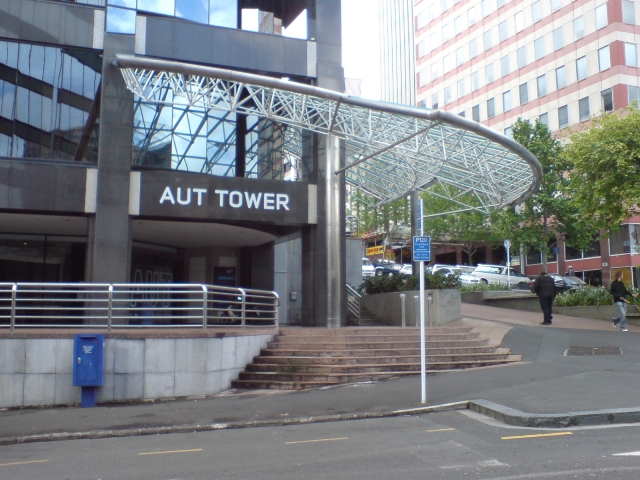University Impact Rankings place AUT sixteenth in world
Of the seventeen goals, AUT ranked number two for Sustainable Cities and Communities (SDG 11) covering sustainable practices such as research promoting remote working, affordable housing, and investment in art and heritage.

- Country:
- New Zealand
Auckland University of Technology (AUT) is sixteenth in the world in the newly released Times Higher Education University Impact Rankings that assess the social impact of universities against the United Nations’ Sustainable Development Goals (SDGs).
Of the seventeen goals, AUT ranked number two for Sustainable Cities and Communities (SDG 11) covering sustainable practices such as research promoting remote working, affordable housing, and investment in art and heritage.
In Gender Equality (SDG 5) AUT is ninth in the world, recognising the percentage of research by female academics, outreach to female students in areas including STEM (Science, Technology, Engineering and Mathematics) and policies implemented to enable gender equality.
New Zealand universities have excelled in the rankings with the University of Auckland achieving first place and Massey University placing number 38.
The rankings support AUT’s commitment to the United Nations SDGs, highlighted by the launch of its Sustainability Roadmap in 2018.
Chair of the AUT Sustainability Taskforce, Professor Thomas Neitzert noted that work in the area of sustainability is ongoing and in line with AUT’s deliberate focus on technological transformation, external impact and industry connections.
“Our students, stakeholders and community expect sustainability to be a priority for AUT. We believe advancing knowledge and understanding of the issues and opportunities around creating a sustainable future is essential,” said Professor Neitzert.
ALSO READ
BJP will do away with system of reservations if elected to power once more: Stalin
Italian safety certification firm assesses Kavach system installed in Agra Rail Division
Ukraine energy system stable, no major power imports expected, ministry says
Ukraine's energy system has stabilised, Zelenskiy makes new calls to help defend Kharkiv
Ukraine's energy system has stabilised, no major power imports expected, ministry says










